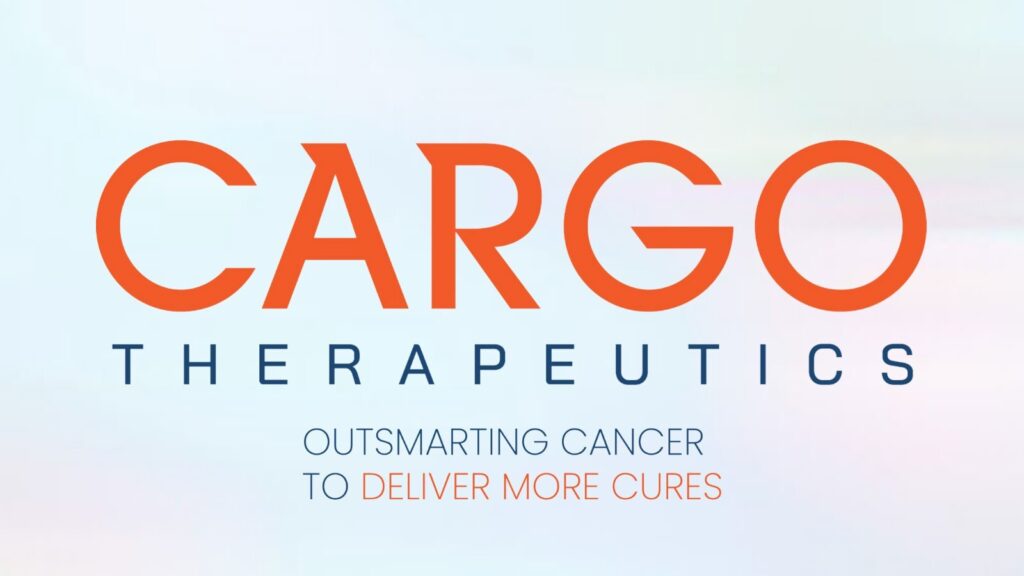March 2023: Several types of lymphoma, as well as certain leukaemias and multiple myeloma, can now be effectively treated with CAR-T therapy. Recent studies have demonstrated the efficacy of CAR-T therapy at an earlier stage, resulting in expanded clearances for its use. Previously, the U.S.-approved treatments were generally reserved for patients for whom multiple other drugs had failed to halt the growth of cancer.
Despite the fact that some patients benefit greatly from CAR-T therapy, the majority do not, either never responding to treatment or having their cancer recur months later.
In lymphoma, for instance, cancerous cells occasionally “escape,” losing the CD19 protein flag that CAR-T cells have been trained to recognize. When this happens, the augmented immune cell defenders are unable to detect these cells and they can survive and multiply.
Cargo is evaluating an alternative strategy that focuses on the antigen or protein CD22, which is also expressed on cancerous B cells. Gina Chapman, CEO of Cargo, wrote in an email, “Targeting alternative antigens is an important therapeutic strategy for patients who are [relapsed or refractory] to CAR19, including those with CD19 loss or downregulation.”
Cargo has an advantage over the majority of new biotech companies just starting out. Its treatment, dubbed CRG-022, has already been evaluated in a Phase 1 clinical trial and has shown promise in the treatment of large B cell lymphoma that has relapsed or is resistant to CD19-directed CAR-T cell therapy.
Sixty-eight percent of the 38 patients who were infused with Cargo’s therapy responded positively to treatment, as reported at a medical conference in February. A little more than half went into remission, and only one has since relapsed.
According to an interim analysis of the data cited by Cargo, the median survival time for patients after treatment was 22.5 months.
This year, the company intends to advance its treatment into a larger study across multiple trial centres, which, if successful, could serve as the basis for an approval application. Cargo is well-positioned to be the first to market with an autologous CD22 CAR T-cell therapy, according to Reid Huber, a partner at Third Rock Ventures, which joined a dozen other venture capital firms in funding the biotech.
Other groups are also attempting to develop CAR-T therapies that target CD22. A federal database of clinical trials reveals a number of ongoing studies testing various cellular treatments for this protein, the majority of which are being conducted by research hospitals in China. The National Cancer Institute in the United States is recruiting participants for four studies, while the British biotech Autolus lists a CAR-T therapy targeting both CD19 and CD22 as in early development.
Cargo asserts that its treatment has the potential to be the best of its kind, citing a number of design features that Chapman indicated could improve T cell function, activation, and persistence within the body.
While no CD22 CAR-T therapies are yet approved in the United States, the Food and Drug Administration has approved two drugs that target the protein: AstraZeneca’s Lumoxiti and Pfizer’s Besponsa. (AstraZeneca will soon discontinue Lumoxiti because of its low demand.)
CAR-T therapies are associated with numerous, sometimes severe side effects, and CRG-022 is likely to be no exception. CD22 is also expressed on non-cancerous cells; therefore, targeting the protein could result in B cell aplasia, or extremely low B cell counts.
Cargo plans to investigate CRG-022 in paediatric B-cell acute lymphoblastic leukaemia in addition to large B-cell lymphoma.
Cargo, formerly known as Syncopation Life Sciences, was introduced in 2021. Crystal Mackall, the founding director of the Stanford University Center for Cancer Cell Therapy, Robbie Majzner, an assistant professor of paediatrics at Stanford University whose research focuses on CAR-T therapy, and Nancy Goodman, the CEO of Kids V Cancer, a paediatric cancer think tank, founded the organisation.
Together with Samsara BioCapital, the three helped launch Cargo. Seven new investors, Samsara, and veteran seed investors Red Tree Venture Capital and Emerson Collective joined Third Rock, RTW Investments, and Perceptive Xontogeny Venture Fund in leading the most recent round of financing.


